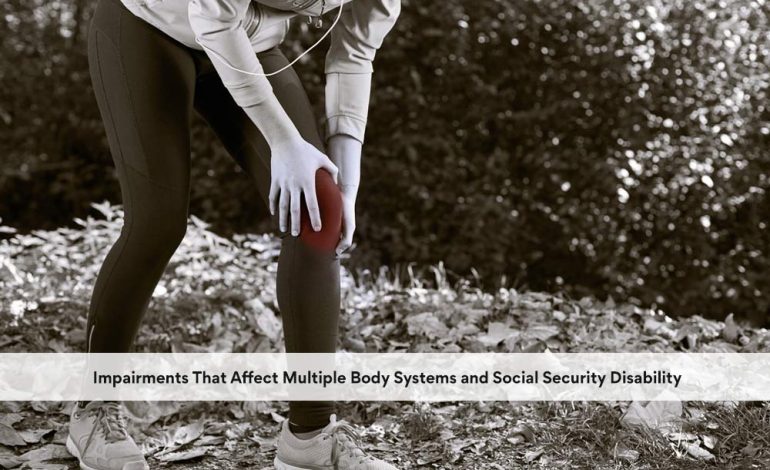Does My Injury Qualify for Social Security Disability?
If you have suffered an injury recently, you may be wondering if you are entitled to receive Social Security Disability (SSDI) benefits. Not every injury or condition qualifies someone to get payments. Fortunately, if your injury is serious or life-altering, there’s a good chance you will qualify. If you’re not sure, read on to find out more.
The Three Guidelines for SSDI Benefits
The good news is that practically any injury can potentially qualify you to receive benefits. Because there are so many types of ways a person can get hurt, and there are so many ways that an injury can affect your quality of life and ability to work, it is virtually impossible to create a comprehensive list of what injuries do or do not work. Rather than limit it to certain types of injuries, the Social Security Administration has, instead, laid down a series of three simple guidelines to follow when trying to determine if an injury is serious or debilitating enough to qualify you for SSDI benefits.
1) You Must Have an Actual Injury
While that would seem obvious, it’s good to go ahead and spell it out. In addition, the Social Security Administration states that the basic rule here is that the condition must be one that is identifiable by a medical professional, so make sure that you have medical records on your condition handy and ready to go.
2) The Injury in Question Must Prevent You from Doing Any “Real” Work
This is a more difficult one to understand, so let’s try and get to the bottom of it. What this means, in a nutshell, is that the injury you sustain prevents you from doing the job you had when you sustained it. In addition, they will investigate whether this injury prevents you from doing other substantial work as well (defined as a job that pays a certain amount per month — right now, that amount is $1,130). The SS office will look at your work experience educational level, age, and training when making this determination, all to see whether you can still work and earn a living without assistance. While it might mean you are working at something you don’t want to do, if you are still able to work and earn that minimum amount, then you will most likely be denied benefits.
3) The Disability Has Lasted or Is Expected to Last, At Least A Year, Or Result in Your Death
Short-term injuries are a pain, but they will not qualify you for benefits. In order to receive SSDI, your medical professional must be able to state that you have been or will be, unable to work at any substantial employment for at least a year. The good news about this is that if you recover before the year is up, Social Security will not ask for the money back.
Having an injury is certainly no fun, but it’s good to know that those people out there with serious injuries have a safety net in the form of Social Security. If you think you have an injury that qualifies you to receive benefits, feel free to contact us today to see how we can further assist you.


